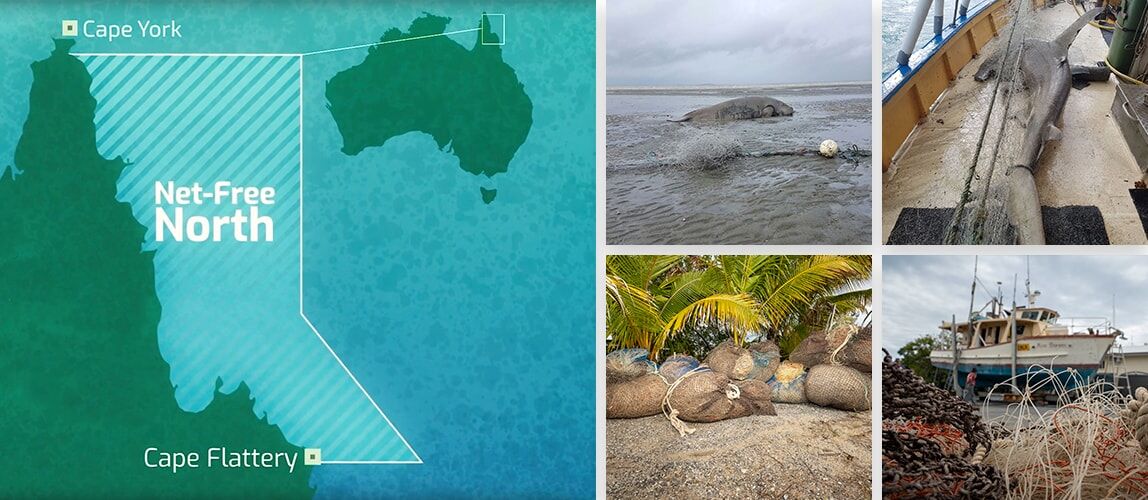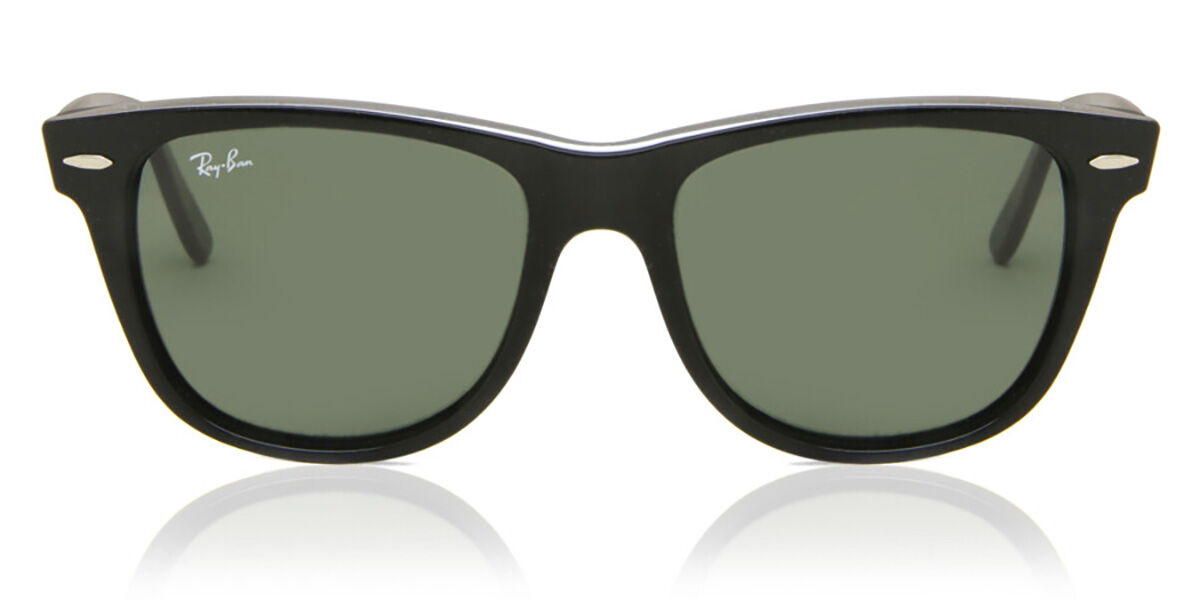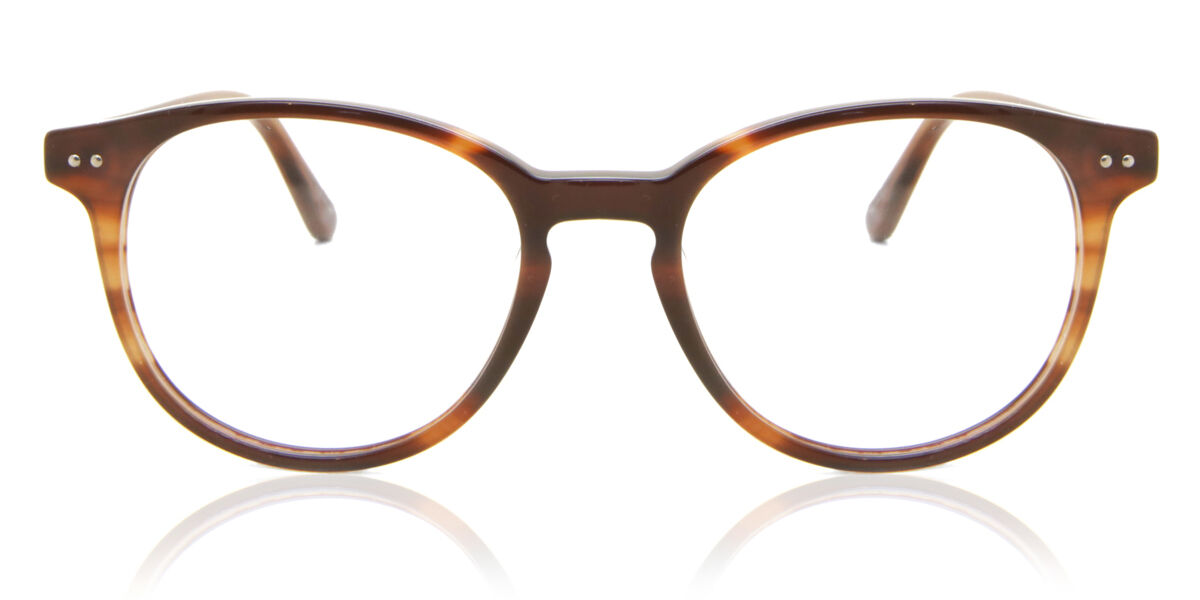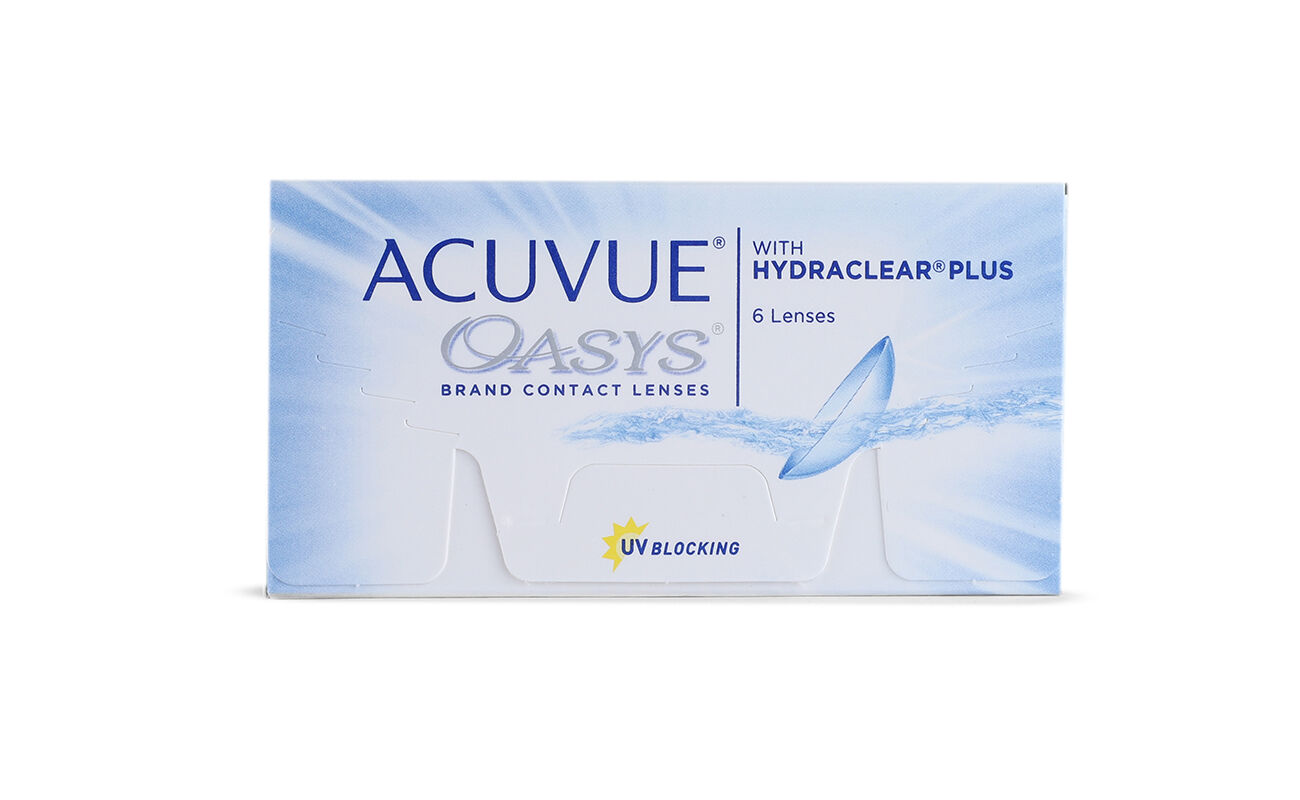98,228
The estimated number of sharks, dolphins, turtles, dugongs and sawfish caught by commercial gill nets on Queensland’s east coast every year.
The northern Great Barrier Reef is an incredible underwater ecosystem, and is home to magnificent marine life. However, these majestic species are being threatened by commercial gill net fishing.
In 2018, WWF supporters helped buy and remove the last full-time commercial gill net from the northern Great Barrier Reef. This was the first step in our journey to create a Net-Free North.


ReefCycle

ReefCycle comes in matte black
Lens Options
Marine life we’ve helped protect.
Every pair of sunglasses purchased will be embossed with a marine animal whose future depends on a Net-Free North.
-

Dugong

-

Turtle

-

Dolphin

-

Hammerhead

-

Sawfish

More about #NetFreeNorth
Commercial gill nets on the Great Barrier Reef can stretch up to 1,200m in length - that’s the same length as 24 Olympic swimming pools. These deadly nets hang like lethal curtains across the ocean, where vulnerable marine wildlife can get entangled and drown within minutes.
Last year, WWF-Australia supporters helped remove the last full-time commercial gill net from the northern Great Barrier Reef, but there are still 240 active gill net licences held along Queensland's east coast that can move in and start fishing. It is urgent we protect and secure this precious area. That’s why we’re campaigning for a Net-Free North.
Gill nets aren’t the only threat facing our marine life. Out at sea, plastic can be deadly. Marine animals can mistake plastic for food and choke or starve to death, while others can become entangled in plastic debris.
 Find out more
Find out more

Building a future in which people live in harmony with nature.
POLARISED FROM NZ$159Check out our FAQ page

























































